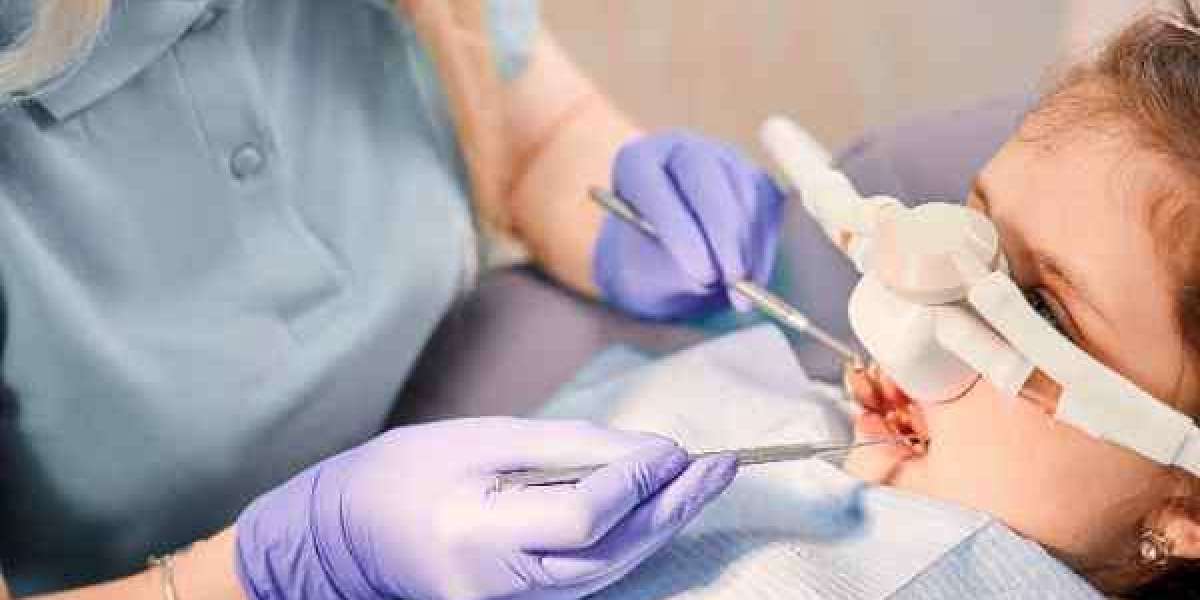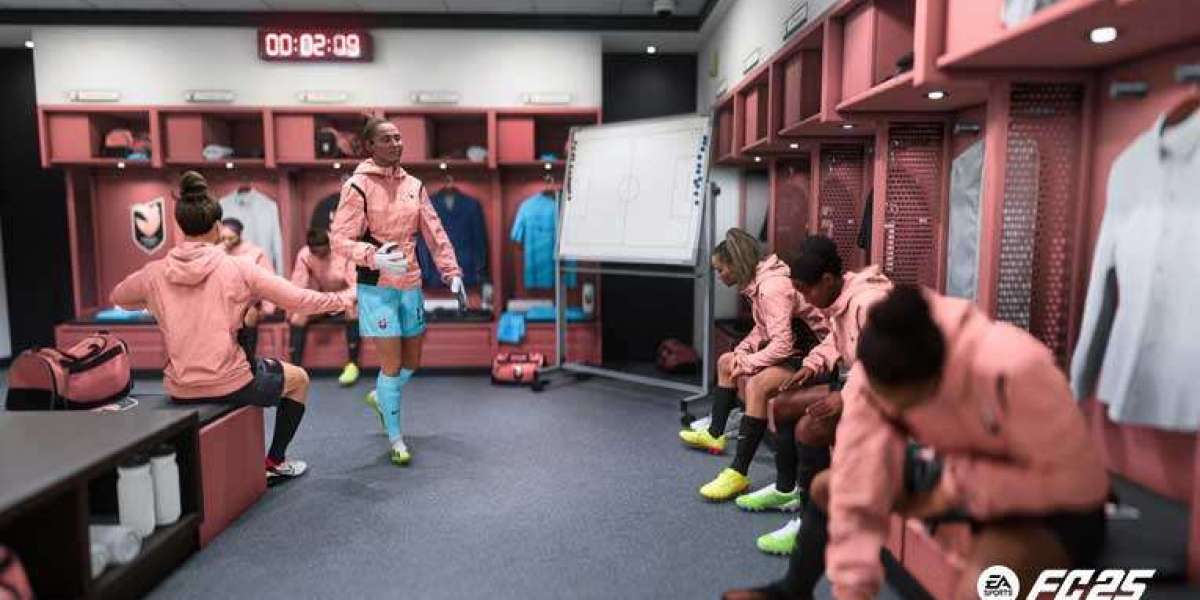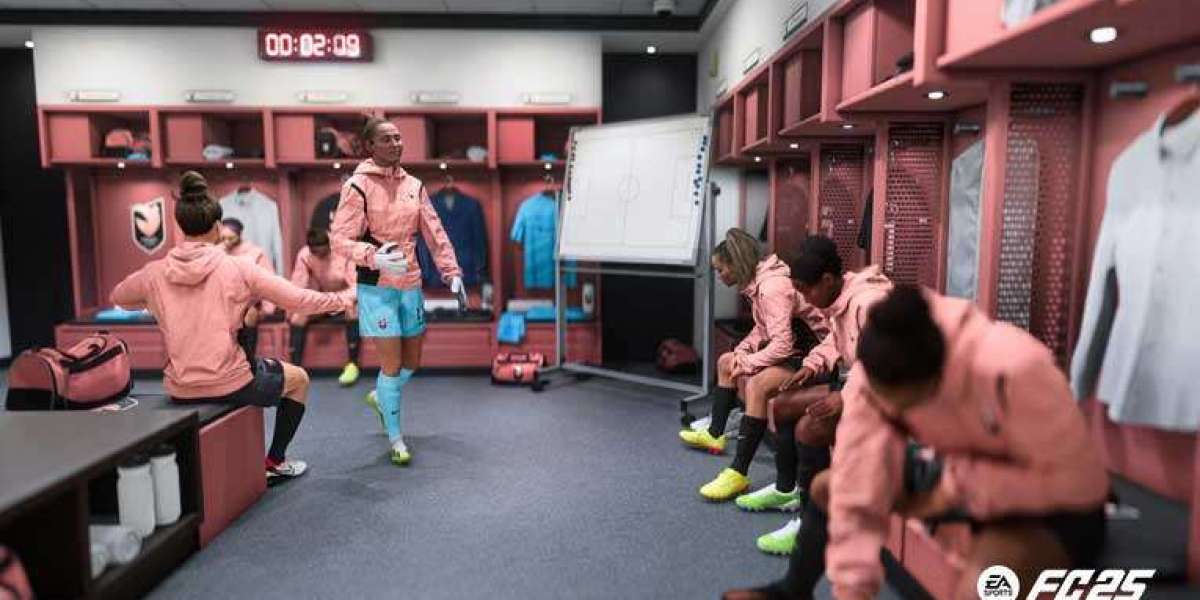Tooth injuries can strike when we least expect them, during a family football game, while chewing something unexpectedly hard, or even from a simple fall. The immediate aftermath is often marked by shock, pain, and confusion about what to do next. In urgent situations like these, being able to access professional emergency dental care can be the deciding factor between preserving a tooth and losing it entirely. This blog explores the essential role emergency dentists play in managing tooth injuries and how prompt care can protect not just oral health, but overall well-being.
Common Causes of Tooth Injuries
Tooth injuries occur for a variety of reasons, many of which are part of everyday life. Being aware of these common causes helps with prevention and quick recognition when accidents happen:
- Sports injuries: Contact-heavy activities like rugby or hockey frequently lead to dental damage.
- Falls: Slipping on stairs, pavements, or in the home can cause facial impact.
- Biting hard objects: Accidentally biting down on bone, popcorn kernels, or hard sweets.
- Road traffic accidents: Sudden impacts from car crashes can damage facial structures, including teeth.
- Physical altercations: Punches or blows to the face can easily fracture or dislodge teeth.
Understanding these causes allows individuals and families to take preventive steps and act swiftly when dental trauma arises.
Types of Dental Injuries That Require Emergency Care
Not all tooth injuries are created equal. Some might cause only superficial damage, while others can threaten the health and longevity of the tooth.
Type of Injury | Description |
Chipped or fractured tooth | Damage to enamel or deeper structures; may expose nerves causing sensitivity. |
Avulsed (knocked-out) tooth | Complete displacement of tooth from socket; requires immediate replantation. |
Luxated (displaced) tooth | Tooth is pushed sideways or into the gum; must be repositioned quickly. |
Soft tissue injuries | Cuts to lips, cheeks, or gums; can accompany tooth trauma. |
Toothache or abscess | Severe, persistent pain or swelling may indicate infection or nerve damage. |
All of these injuries necessitate prompt evaluation by an emergency dentist in Bootle to mitigate long-term complications.
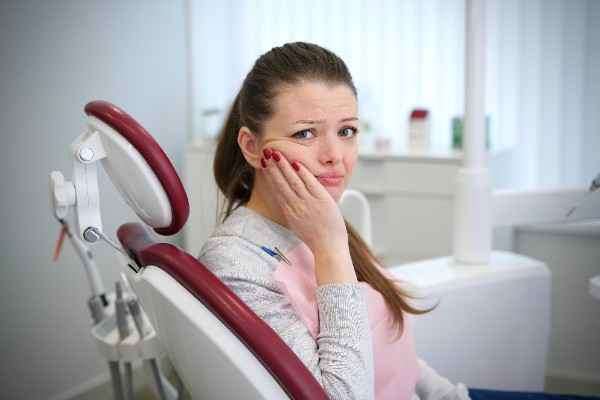
Immediate First Aid Measures Before Reaching the Dentist
In the chaotic moments following a dental injury, knowing what to do can preserve the tooth and limit damage. Here are essential first aid steps to follow before reaching professional care:
1. For a knocked-out tooth:
- Hold the tooth by the top (crown), avoiding contact with the root.
- Rinse gently with saline or milk; do not scrub.
- Try to place it back in the socket; if not possible, store in milk or the patient’s saliva.
2. For bleeding:
- Apply gentle pressure with clean gauze or cloth.
- Maintain pressure for at least 10–15 minutes.
3. For swelling:
- Place a cold compress on the outside of the cheek to help minimise swelling.
4. Avoid using the injured tooth:
- Do not eat on the affected side and avoid hot or cold foods.
Quick, calm action makes a significant difference before seeing a dentist in Bootle for professional intervention.
The Emergency Dentist’s Role in Managing Tooth Injuries
Emergency dentists are experienced specialists trained to manage urgent dental issues. Their knowledge allows them to treat injuries promptly and safely, reducing lasting harm.
Video link : Emergency Dentist in Bootle – Urgent Care When You Need It Most!
Key Roles of an Emergency Dentist:
1. Accurate Diagnosis:
Using clinical examination and digital X-rays, they assess the extent of trauma to the teeth and supporting tissues.
2. Pain Management:
Immediate relief is provided through local anaesthesia or prescription medication where needed.
3. Stabilisation and Restoration:
- Repositioning luxated or avulsed teeth
- Splinting (stabilising) teeth with braces or wires
- Temporary or permanent fillings or crowns
4. Infection Prevention:
Treatment of exposed nerves or pulp using root canal therapy or antibiotics, as appropriate.
5. Long-term Planning
Some cases may require surgical follow-up, cosmetic reconstruction, or implant placement if a tooth cannot be saved.
In every case, the emergency dentist in Bootle plays a vital role not only in restoring function but also in maintaining the patient’s confidence and comfort.
Preventive Tips to Avoid Dental Injuries
While accidents can’t always be avoided, adopting simple habits can significantly lower the risk of dental trauma.
Preventive measures include:
- Wearing a mouthguard during sports or high-risk activities
- Avoiding chewing ice, hard sweets, or non-food items like pens
- Installing anti-slip mats in bathrooms to prevent falls
- Scheduling regular dental check-ups to catch weaknesses early
- Teaching children proper oral hygiene and safety habits
Staying proactive with daily precautions and protective gear can reduce the likelihood of needing an emergency dentist in Bootle and help maintain lifelong oral health.
Long-Term Follow-Up and Recovery
Healing from a dental injury continues even after the initial damage has been managed. Long-term follow-up ensures that the injured teeth and surrounding structures remain healthy.
- Checking nerve health: Confirming that the tooth’s inner pulp stays healthy and viable.
- Checking for signs of infection: Regular reviews may include X-rays and vitality tests.
- Restorative work: Additional treatments like crowns or veneers may be needed.
- Aesthetic correction: Small flaws following an injury can frequently be improved cosmetically.
- Prevention advice: Custom-made mouthguards for sports and behavioural guidance.
With guidance from a dentist in Bootle, most patients recover well and return to normal function with minimal discomfort.
When and Why to Seek Emergency Dental Help
Sometimes, patients delay seeking dental help, hoping the issue will resolve on its own. However, tooth injuries rarely improve without intervention and can quickly deteriorate.
Signs that indicate immediate attention is needed:
- Uncontrolled bleeding from the mouth
- Visible cracks or fractures in a tooth
- Persistent, throbbing pain or swelling
- Tooth completely knocked out or loose
- Inability to chew or speak comfortably
Seeking prompt help from an emergency dentist in Bootle not only improves the prognosis of the tooth but also prevents complications like infection, prolonged pain, or permanent loss.
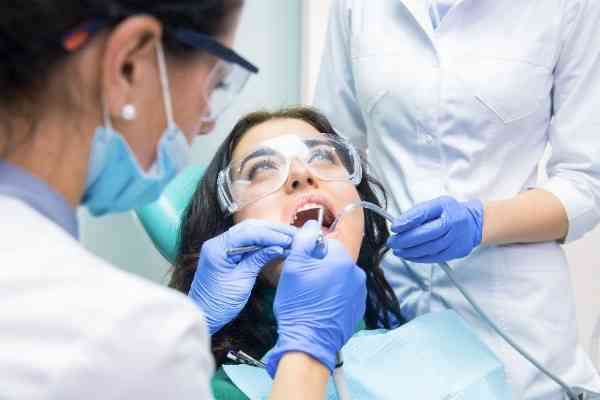
Conclusion
Tooth injuries can be distressing and painful, but with the right care, their impact can be significantly reduced. Emergency dentists offer critical services that protect both the structure and function of injured teeth. Acting quickly and seeking professional help ensures the best possible outcome in what is often a time-sensitive situation.Here in Bootle, we recognise the urgency and emotional impact that dental injuries can cause. That’s why having access to a qualified emergency dentist is not just convenient, it’s essential for safeguarding your smile when it matters most.
